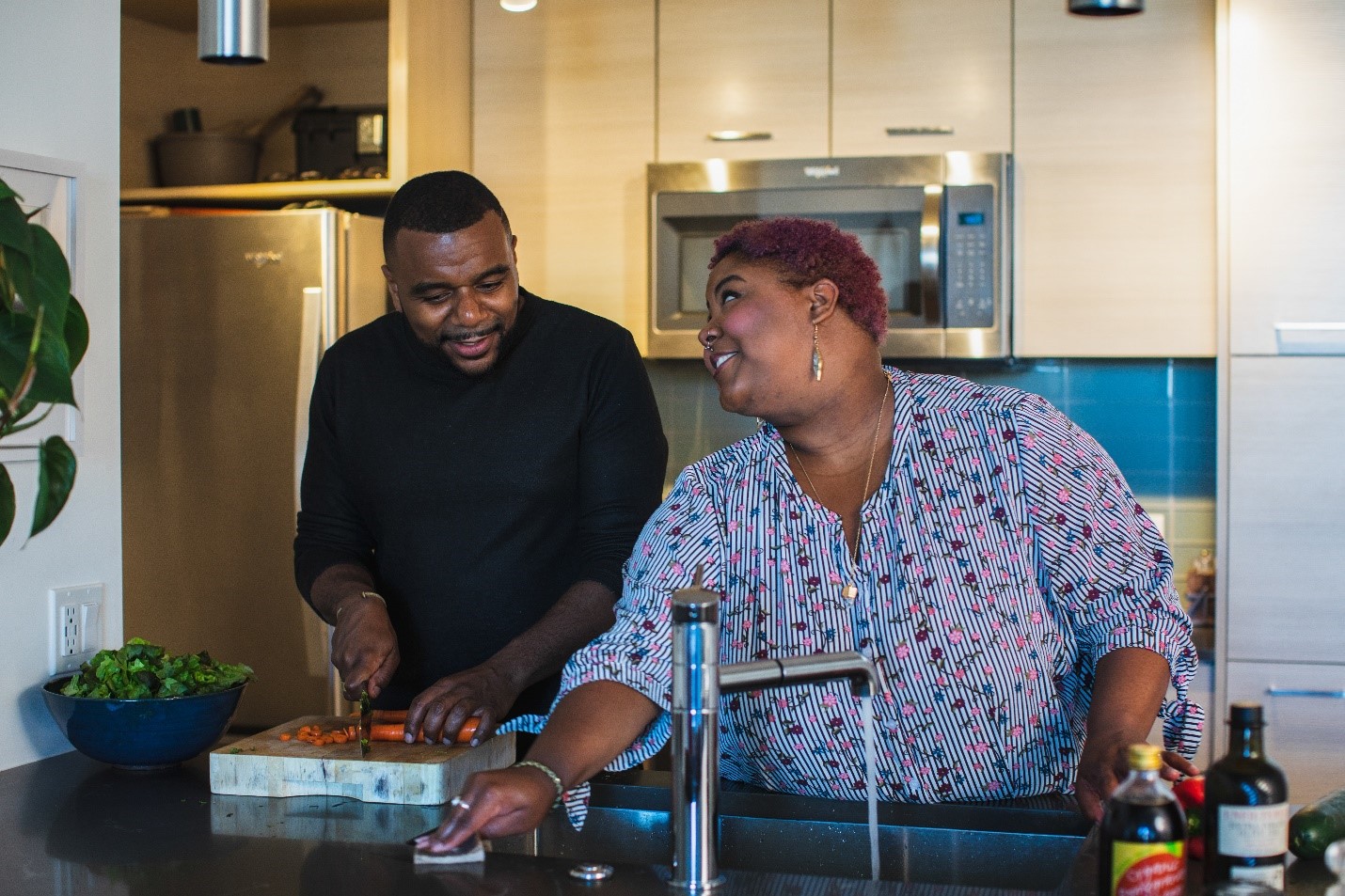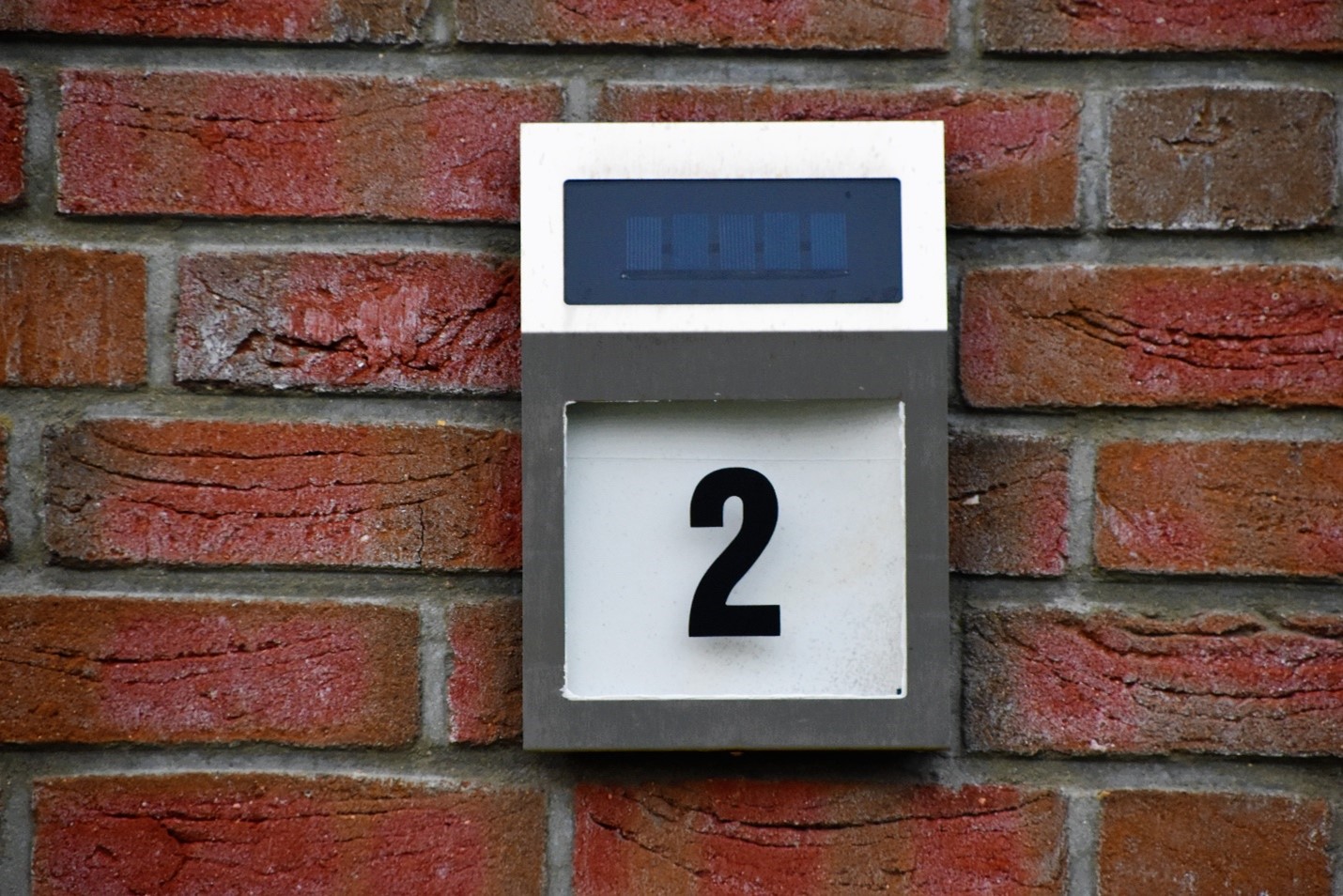Separation and divorce is not easy and it leads to a lot of uncertainty…for parents…for children and for anyone who has a relationship with the family, such as in-laws. Everyone is unsure what will happen to the family after the split and no one is certain what the child arrangement will look like. In fact, many people aren’t even sure what type of child arrangements there are in Canada, which we will cover in this article to help you navigate the system of family law.
What is Child Custody?
In Canada, child custody is an umbrella term that describes who cares for the children after a divorce. In the Canadian family law, typically parents have the legal right to determine the care and well-being of their child; however, this can become muddied when parents get divorced and are suddenly at odds on who gets to care of the children and who is responsible in making these decisions.
In most divorces, parents tend to split the child custody arrangement; however, there are times when this child custody arrangement does not work and cannot be set without the involvement of the courts. At that time, the Canadian courts will step in and make the decision on what the best child custody arrangement would be for that child.
What Types of Child Custody Arrangements are there in Canada?
It should be noted that when we look at navigating child custody within Canada, we need to understand that there are four different types of child custody arrangements within Canada. These are:
Full Custody
Also known as sole custody, this type of child custody arrangement is where only one parent has custody of the child. This means that the parent has sole control over their child and where he or she lives. In addition, when a parent is awarded full custody, which means that they have the right to decide on visitation of the other parent.
Full custody is quite rare in divorces, unless there are reasons where joint custody would not be in the interest of the children in the marriage. One thing that should be mentioned is that when a parent has full custody, he or she is not 100% financially responsible for the child. Like all child custody arrangements in Canada, the other parent, whether they get visitation or not, is responsible for their portion of child support to ensure that the child maintains the same quality of life as before the marriage ended.
Joint Custody
One of the more common types of child custody arrangements, joint custody is where the parents share a 50/50 custody arrangement. This means that both parents have equal responsibility for the child or children. They have to share the planning and decision making on schedules, where the kids go to school, what religion they are raised with, where they live. In the event that one parent needs to move out of the city or country, the other parent in the joint arrangement gets to be part of the decision of whether the children move with them.
With joint child custody arrangement, parents will choose how to do their visitation schedule so that they both get equal time. A great way to manage child custody arrangements is to use a mediation app to schedule out your weekly visitation days.
Finally, with joint custody, parents split expenses for the kids 50/50 with child support payments often reflecting that arrangement.
Shared Custody
While similar to joint custody, shared custody is when both parents are responsible for both caring for and housing their children. With shared custody, the kids spend equal amounts of time with either period.
In addition, shared custody means that both parents share equal responsibility in making decisions for the child. It should be noted that, generally, joint custody is preferred over shared custody.
And again, with child support, it is based on income, the province you live in and quality of life prior to the divorce.
Split Custody
This occurs when the couple have more than one child, with two children being the most common family dynamic for split custody. With split custody, one child lives with one parent and the other child lives with the other parent. There can still be arrangements for visitation where the kids either spend time together or in a one on one situation, swapping homes during the visitation.
In addition, when looking at split custody, the home of residence can shift depending on arrangements. This means that the child can live with either parent on a permanent basis, only visiting with the other parent on set visitation days, or the residence can rotate with half at one parent’s house and half at the other parent’s house similar to a 50/50 joint custody.
Generally, split custody is not one that is often viewed as an option since it is not always believed to be in the best interest of the children to have siblings split and living in separate homes; however, if a court decides that this is in the best interest of the children, it is an option the courts will sign off on.
Split custody child support payments can still occur but it is based on your province and the income of both parents. The goal is to create equal living conditions for both kids so if one parent makes significantly more than the other, child support payments will be made to bring the other child’s level of living conditions up to the other child. It should be noted that split custody does not mean no child support payments.
And those are the four child custody arrangements in Canada. Now let’s look at a few legalities you should be aware of.
What are Some Child Custody Laws I Should Know?
When it comes to the laws of child custody arrangements in Canada, parents should be aware of a few facts before they start making arrangements. These are:
- You are both responsible for your child’s well-being and safety. This means that you both have a say and you both have a responsibility in it. This means that you much provide your child with food, shelter and clothing. In addition, your child needs a safe home.
- The child’s best interest is first for the court. When you go into court, the best interest of your child is going to be the most important thing for the court. In Canada, they may make decisions that go against the wishes of the parents because the court feels it’s in the best interests of your child.
- Canadian courts has parens patriae jurisdiction. This goes back to the child’s best interest but it means that the Canadian government has power and authority to protect the children who cannot act in their own best wishes. What this means is that the Canadian courts will take any necessary steps to protect your child as they feel they need to be protected.
- Support payments reflect the custody arrangement. The main focus of child support is for the children to live in similar means to what they lived before divorce. How much you pay for support depends on a number of factors including custody arrangement, income level and lifestyle your child had pre-divorce.
As you can see, there are a number of things that you should be aware of to properly navigate. Basically, if you approach your child custody arrangement with the best interests of the child in mind, you will see the best outcome from the courts.
Navigating the Canadian courts when it comes to child custody arrangements doesn’t have to be difficult but we definitely recommend that you have good representation if you have to move into the court system.










